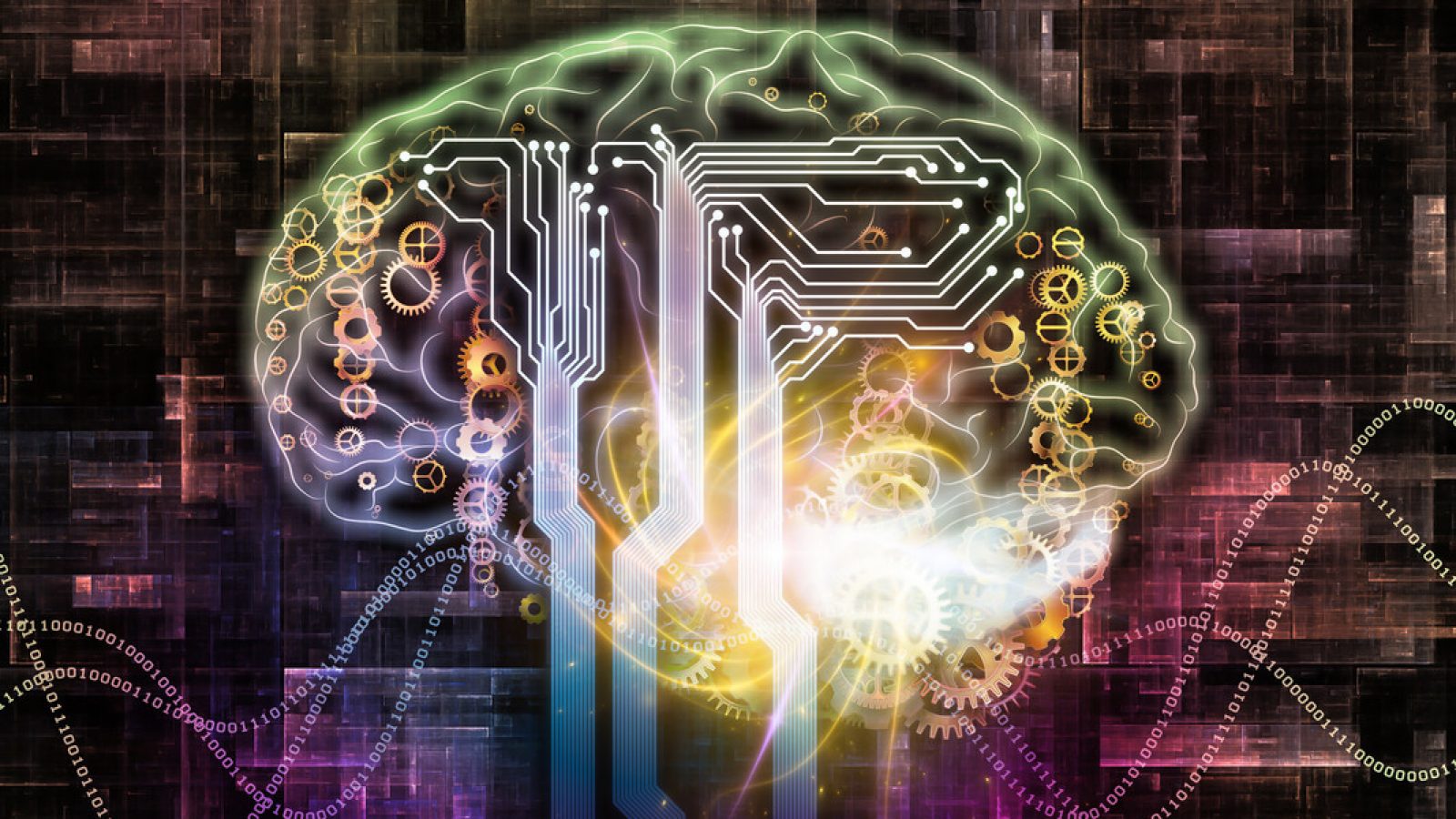The International Research Training Group (IRTG) 2773 “Risks and Pathomechanisms of Affective Disorders,” jointly initiated by the Faculty of Medicine Carl Gustav Carus at TU Dresden and the Institute of Psychiatry, Psychology & Neuroscience at Kings College London, is scheduled to run for four and a half years, starting in July 2022. The German Research Foundation (DFG) approved the funding on 5th November and is providing five million euros. The scientific work will focus on affective disorders, their causes, and diagnostic and therapeutic options.
Disorders in society
Depression and bipolar disorders have a high prevalence. Around one in five adults is affected at least once in the course of their lives. Affective disorders profoundly affect individuals, their social, familial and occupational environment and society as a whole. “This makes it all the more important to better understand risk factors and pathomechanisms and to advance basic research in order to develop new therapeutic approaches,” says Prof. Michael Bauer. The director of the Department of Psychiatry and Psychotherapy at the Carl Gustav Carus University Hospital is also the spokesperson for the IRTG 2773. “The international review committtee had rated the project very positively and we are very pleased that we have now received a final funding commitment and can start recruiting young scientists,” Prof. Bauer continued.
IRTG opportunities
A total of 30 doctoral students in Dresden and London will be given the opportunity to dedicate their three-year doctoral thesis to the topic of “Translational research in Affective Disorders”. The goal of this graduate program is to train a new generation of clinical scientists in translational research. Their work will lead to methods and technologies that can be applied in the clinic in a timely manner. The participants in the graduate program will be given the tools to conduct high-quality research by means of targeted knowledge transfer, for example in the field of neurophysiological technologies such as magnetic resonance tomography or neurofeedback. “We will advertise the program internationally to bring the brightest minds to Dresden,” says Prof. Michael Bauer who is certain that this will succeed: “The joint training and research program at two universities of excellence in Dresden and London in particular will be very attractive to young researchers.”
International experience through the IRTG
This international collaboration with the world leading institute of Psychiatry, Psychology & Neuroscience at Kings College Longon was an important guarantee for the project’s success with the DFG. “With the graduate program, the Faculty of Medicine at TU Dresden is continuing its long-standing and successful cooperation with King’s College London,” says Prof. Stefan R. Bornstein, founding dean of transCampus and director of the Medical Clinic and Polyclinic III and the Center for Internal Medicine at the Carl Gustav Carus University Hospital. “Working and researching in two different academic environments opens up new innovative perspectives and leads to excellent qualifications for the doctoral students, who at the same time can expand their own scientific network,” Prof. Bornstein continued. Participants in the program will conduct research in London and Dresden for six months each as part of an exchange.
Further information about the application process will be provided shortly.


